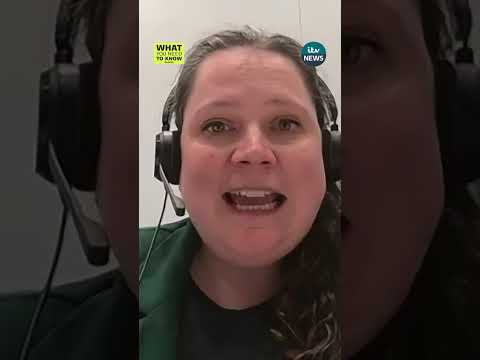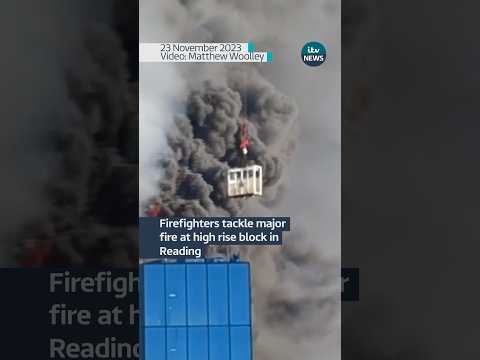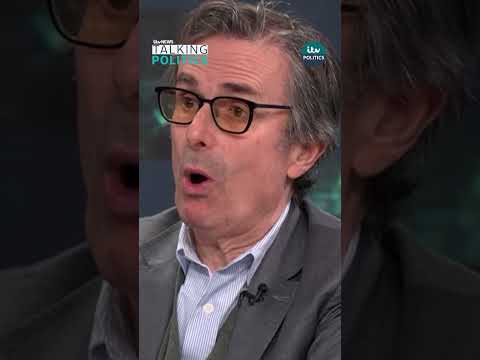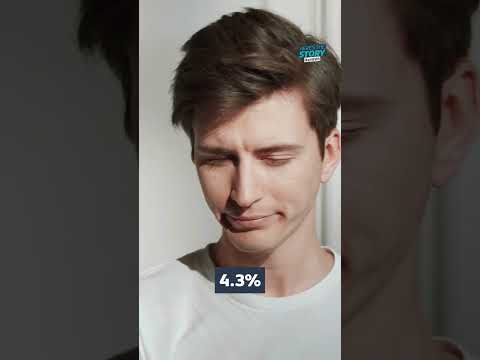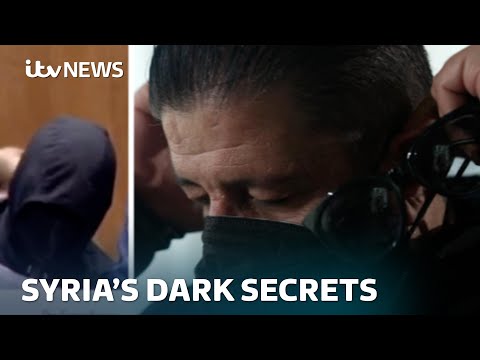
In the hours following her son Robert’s death, Dawn Turner found the strength to take to social media and post a cry from the heart: "He was a veteran. He served his country and he was failed. Failed while he lived and he is still being failed now in death."
Robert Homans, 35, served ten years in the Royal Horse Artillery and completed two tours of Afghanistan. He was promoted to Bombardier and excelled at sports, but on leaving the army, he began to struggle. His marriage failed, and he became homeless.
In the days before he died, he appeared to set his affairs in order.
Dawn told ITV News: "In my heart of hearts, I think it’s suicide. He’d contacted all his friends, all his squaddie friends, all his school friends, even contacted his ex-wife… arranging to meet up, putting things in place, saying things like: ‘if anything happens to me, look after my Mum.’"
Robert had tried to take his own life before. In the aftermath, Dawn set up a charity called Stepway to help veterans with housing, family and mental health problems. Under her leadership, the charity was a success, attracting solid funding and running veteran hubs across the Midlands.
"I see it day in-day out, and we have saved so many lives and put families together, but I still couldn’t save my own son. And if I’ve got all the contacts and I mean all the ones at the top and I still couldn’t make a difference for my son, what hope has any other family got?" she said.
Robert had been ill for some time when Dawn arranged a referral to Combat Stress, a charity treating Post Traumatic Stress Disorder (PTSD) in military veterans. There was a six-month wait for an appointment. She tried Operation Courage, the NHS mental health scheme for veterans – again, a lengthy wait.
"Robert got to the end of his tether because he’d been to housing, he’d been to the DWP (Department for Work and Pensions), he’d been to mental health services and there was always a barrier, always a hurdle to jump, it was either a long waiting list or ‘you are not entitled’ or ‘you’re not a priority,’ that’s what we kept hearing, ‘you’re not a priority’," she said.
The system, she believes, needs fundamental change. In theory, the Armed Forces Covenant assures veterans of priority access to government services, but the reality, Dawn says, is different.
"It’s great on paper, brilliant, we’re going to get priority in housing, in health, in education, but in reality, no, because the system is broken and they can’t deliver it, so it’s false promises, it’s false promises all the way through."
Dawn believes the lack of housing and the lack of timely access to healthcare may have contributed to Robert’s death. And she believes there was something else, too.
"Because we had such a close relationship, he didn’t want to burden me with things, but eventually he actually broke down, and I mean properly broke down on the floor crying, and he started telling me what he was experiencing.
"There were lots and lots, but there were things that didn’t fit in with PTSD. He had severe headaches, and he got them so bad that he used to hold his head and say, ‘Just make it stop, just make it stop,’ and I thought he was on about images, flashbacks, and he wasn’t.
"He was in physical pain. And he used to say to me, ‘You’re not listening, nobody’s listening to me, it’s not mental, it’s physical.
"It’s only after the event that I found out about traumatic brain injury and everything fits in: the fatigue, the mood swings, the change in personality, it’s just blatantly obvious now."
Blast-related Traumatic Brain Injury may affect thousands of veterans.
Repeated exposure to blast overpressure from heavy weapons or explosives can overwhelm the brain’s ability to heal itself and lead to a complex constellation of life-changing neurological symptoms. There is a well-researched connection between brain injury and a higher risk of suicide.
Because some of the effects of TBI overlap with symptoms of PTSD, it is hard to diagnose, even for mental health professionals. After death, diagnosis is impossible unless the brain is preserved in time for a neuropathological autopsy to be performed.
Unable to see her son for three days after his death, Dawn feels she was robbed of the chance to request such a procedure.
In her Facebook post shortly after his death, she wrote: "My son died in the early hours of Saturday morning. We cannot see him until Tuesday because of the Bank Holiday. Do you know how cruel that feels? To know that your child is lying there and you cannot even hold his hand, cannot even see his face…"
• Subscribe to ITV News on YouTube: http://bit.ly/2lOHmNj
• Get breaking news and more stories at http://www.itv.com/news
Follow ITV News on TikTok https://www.tiktok.com/@itvnews?lang=en
Follow ITV News on Instagram: https://www.instagram.com/itvnews/
Follow ITV News on Facebook: https://www.facebook.com/itvnews/
Follow ITV News on X: https://twitter.com/itvnews




